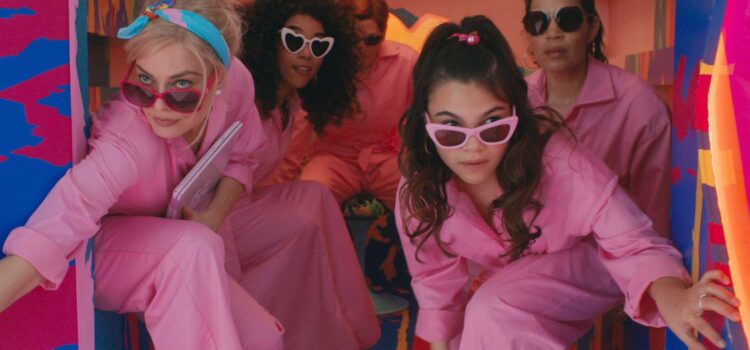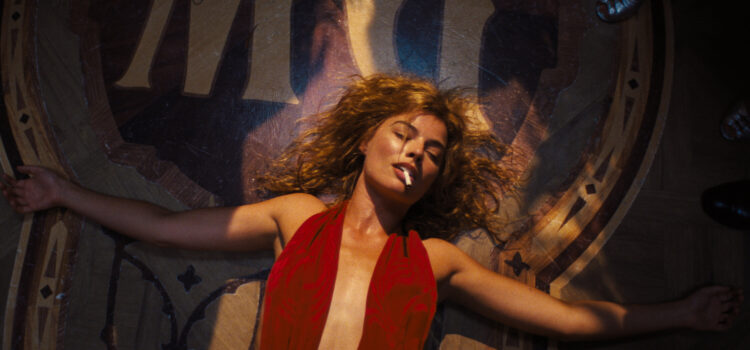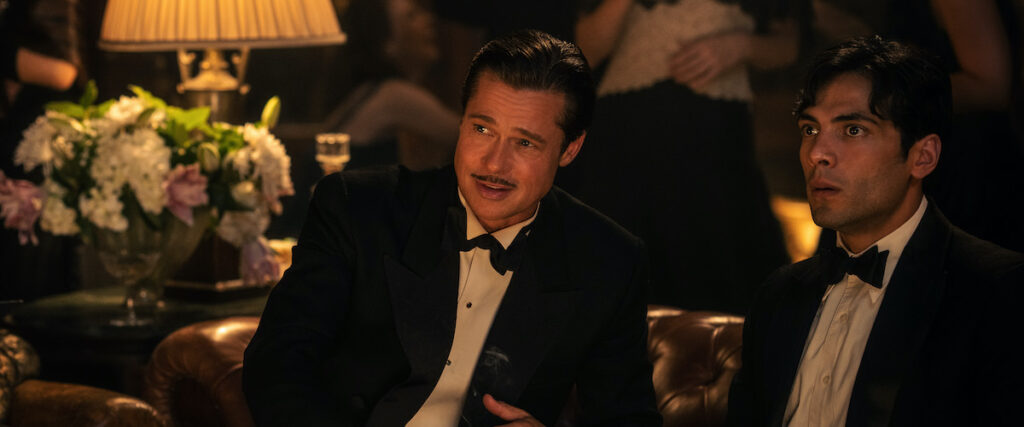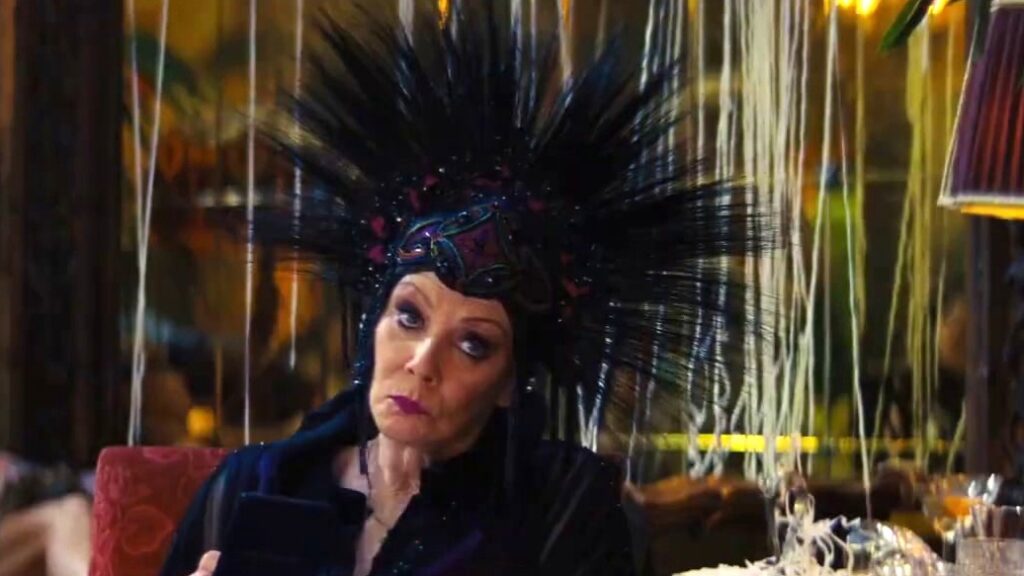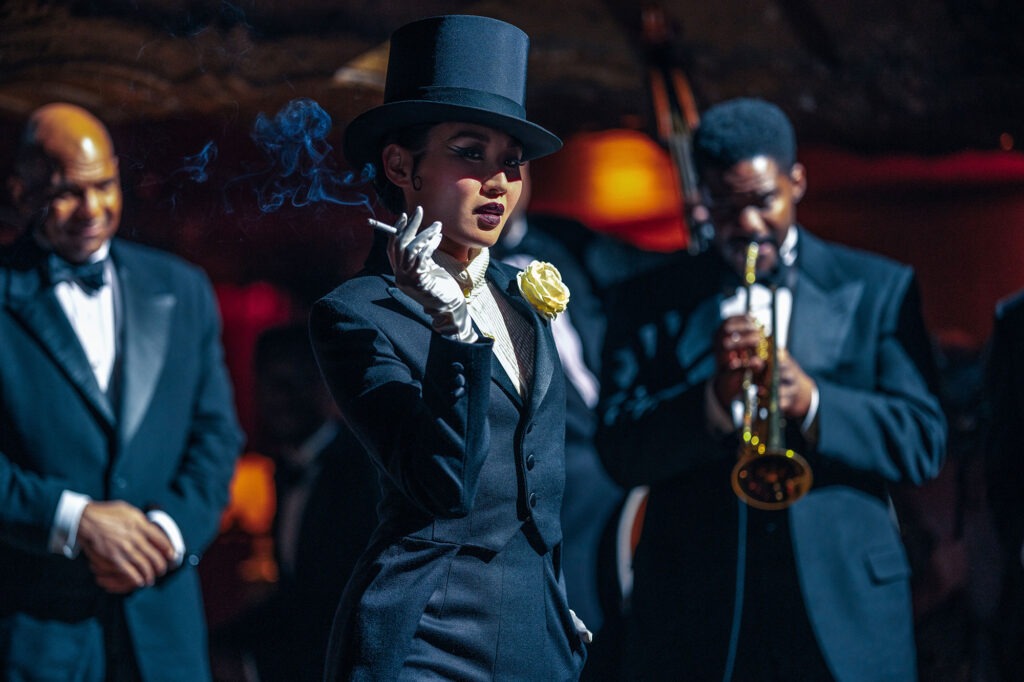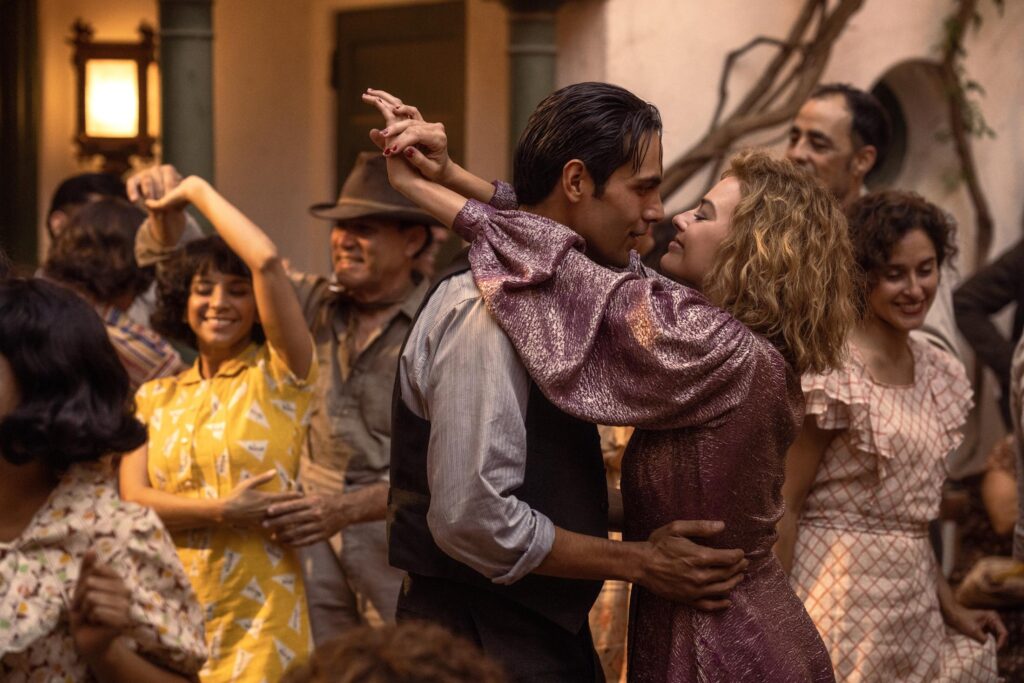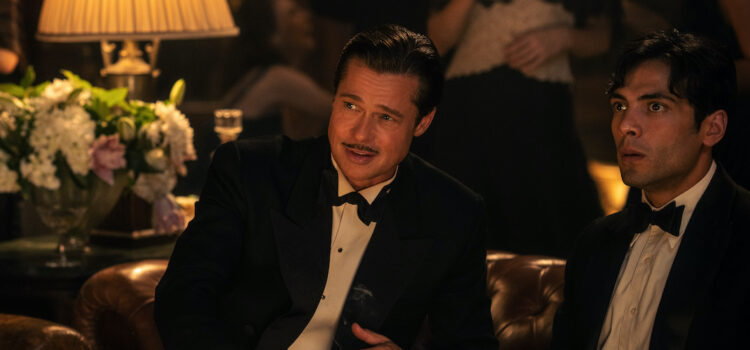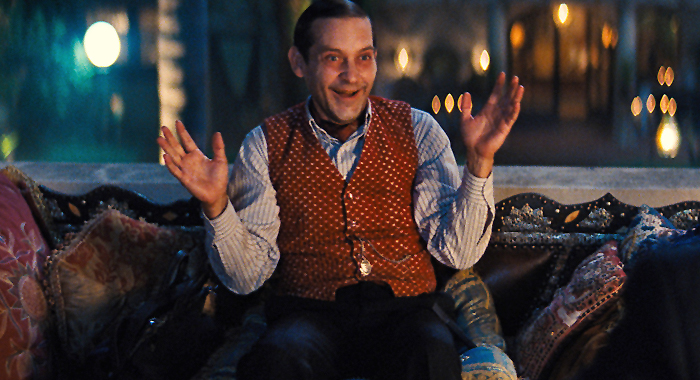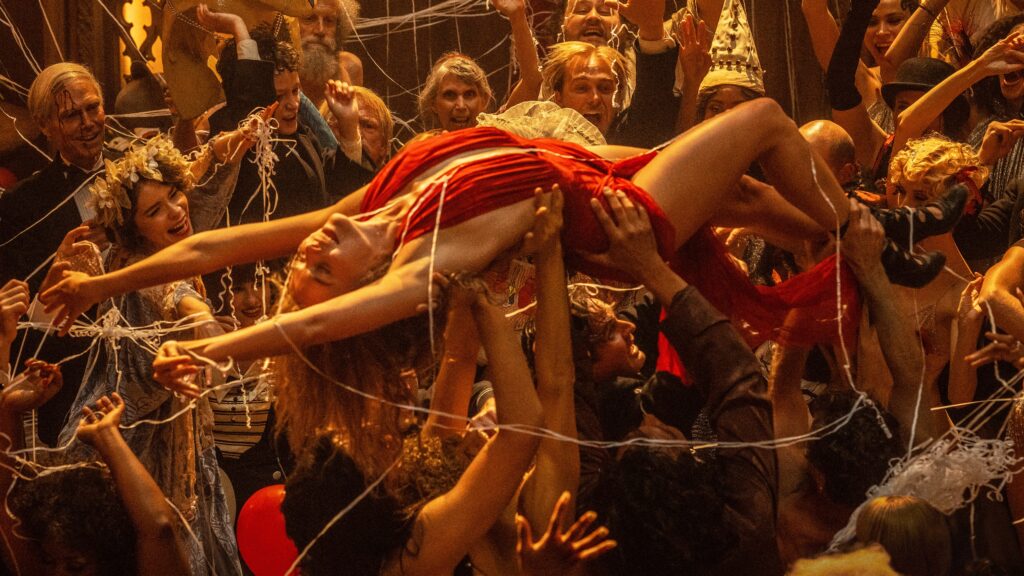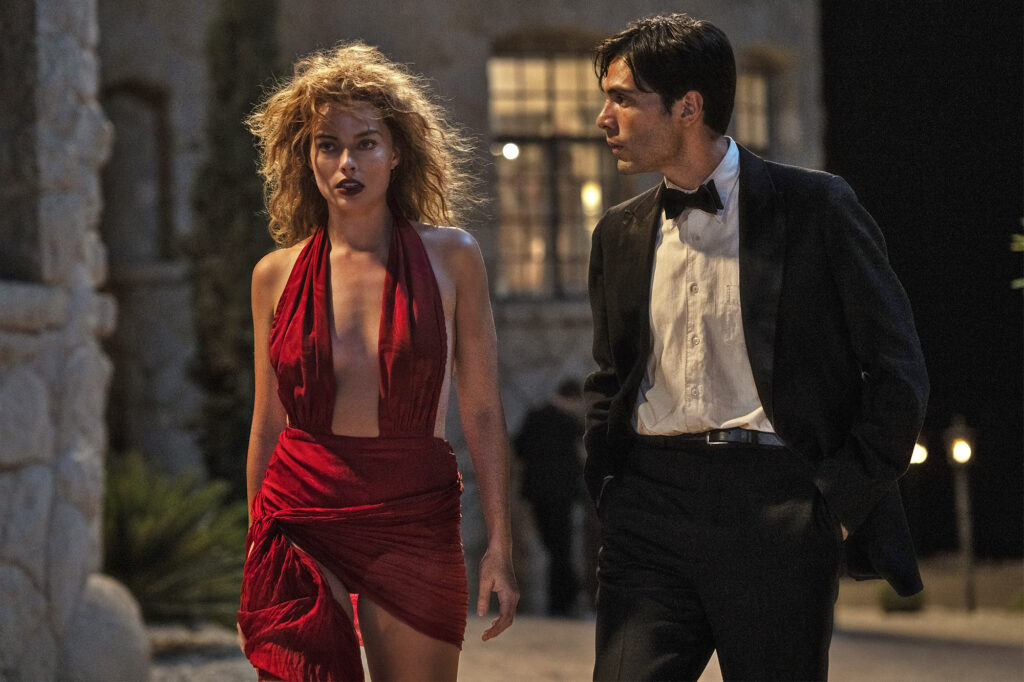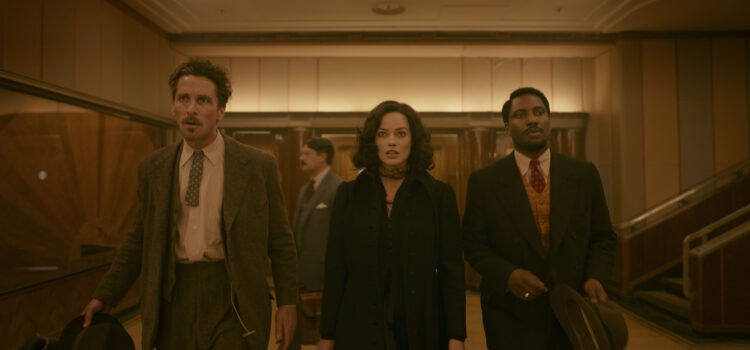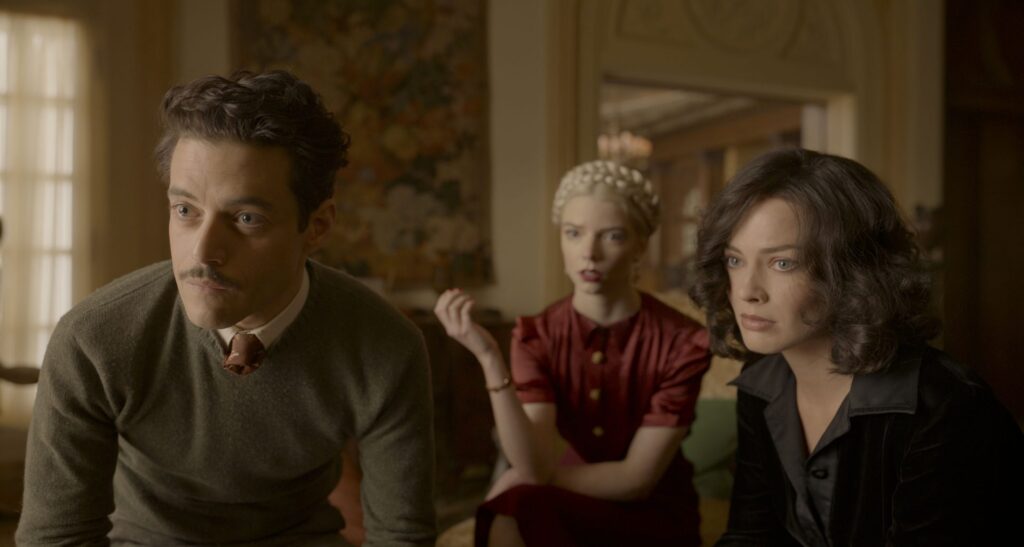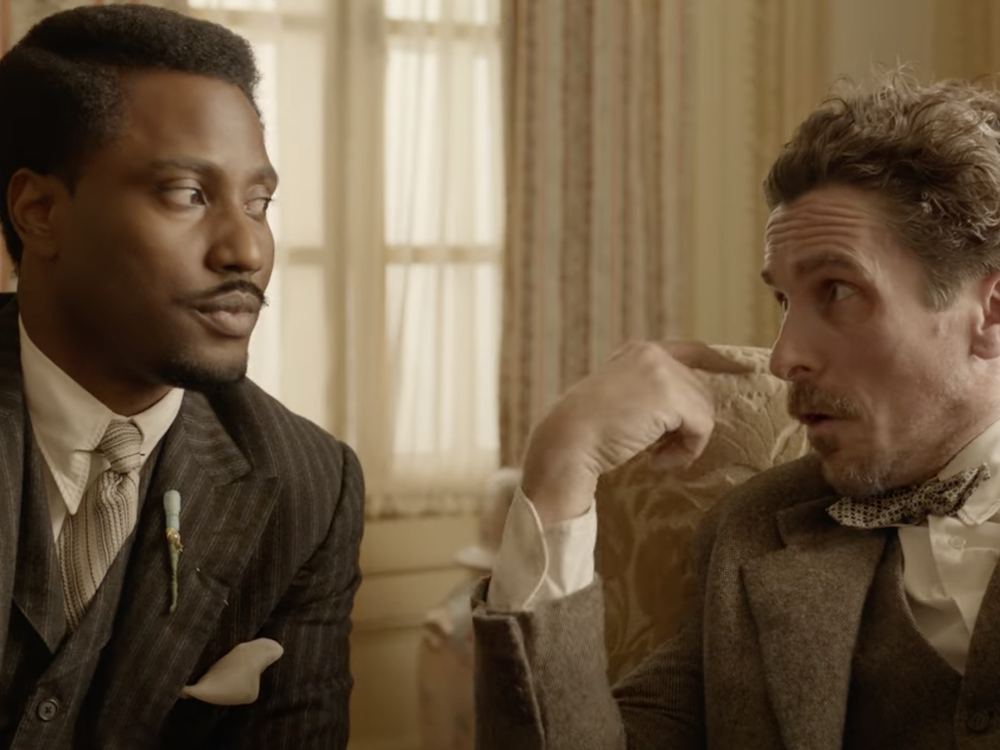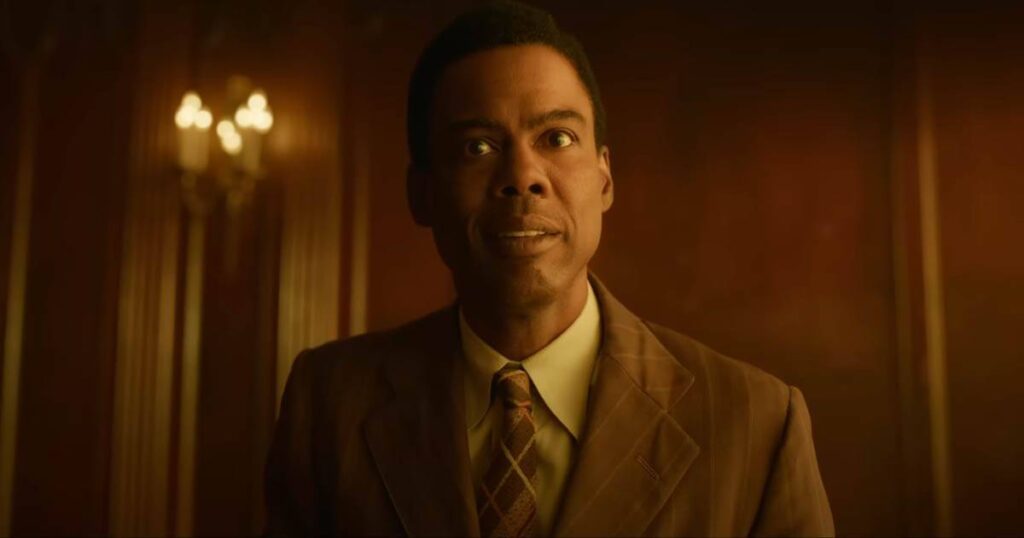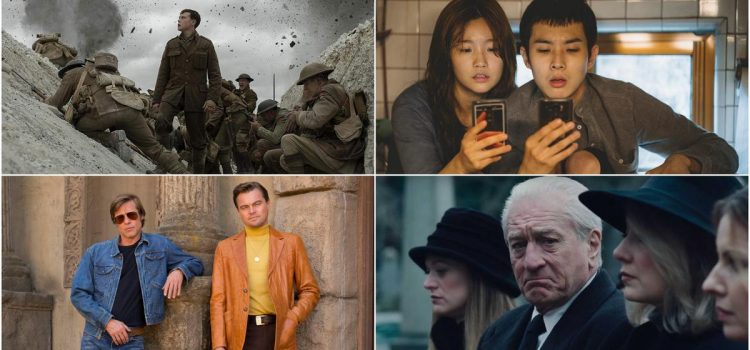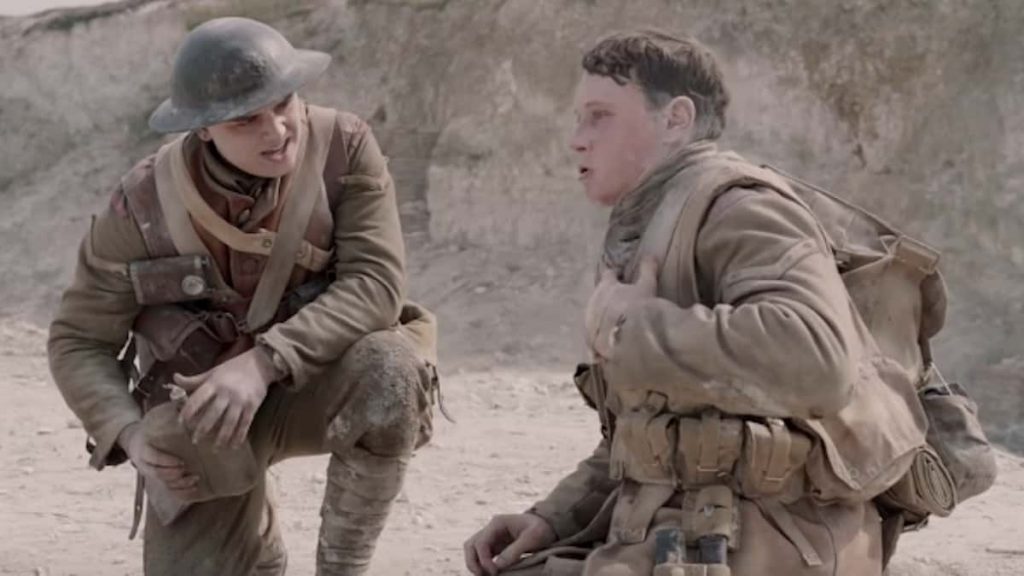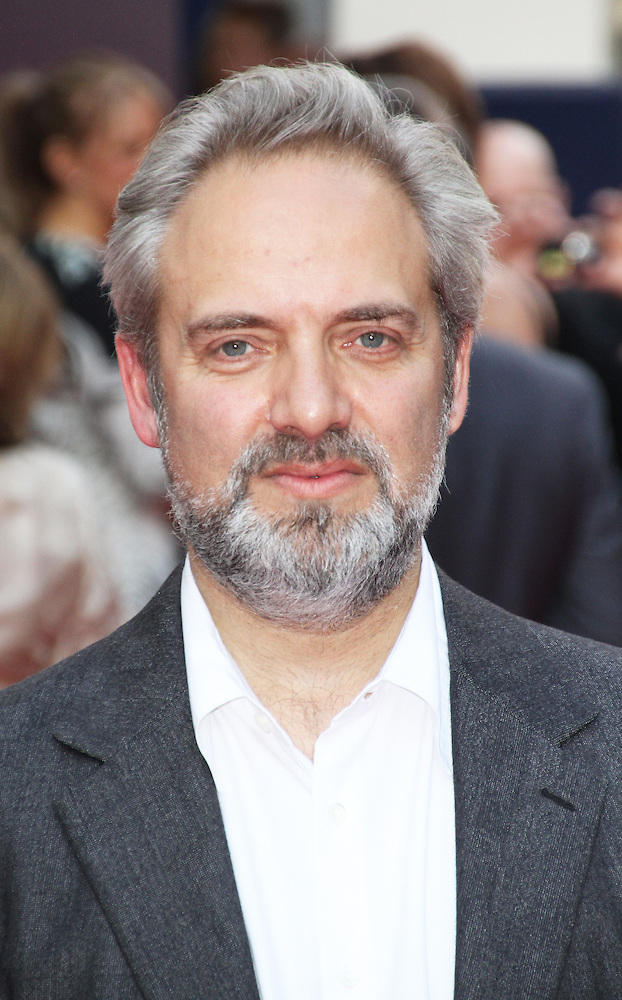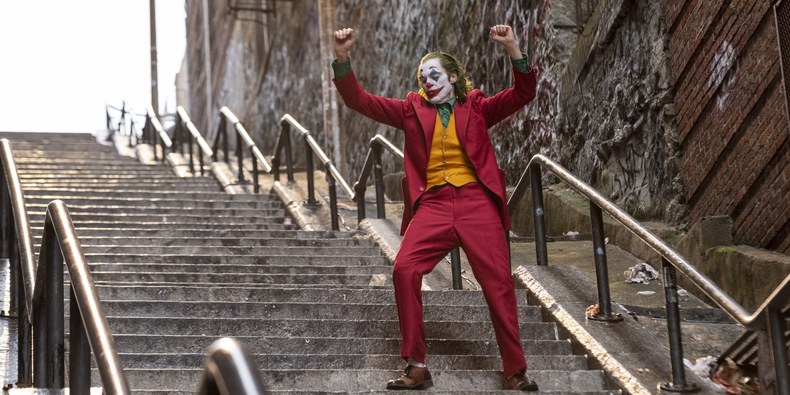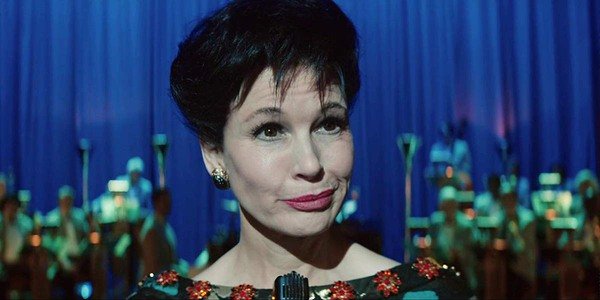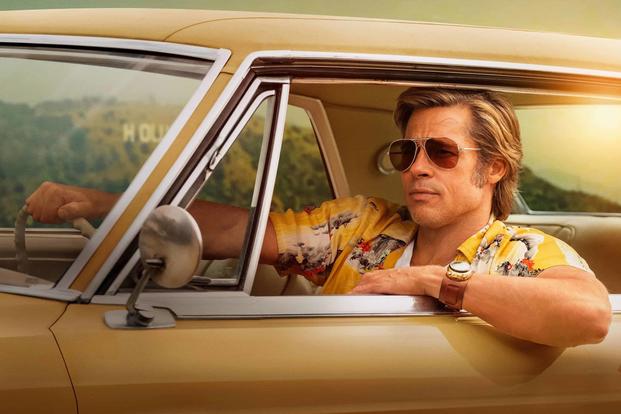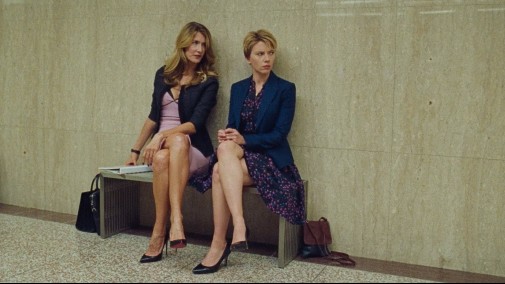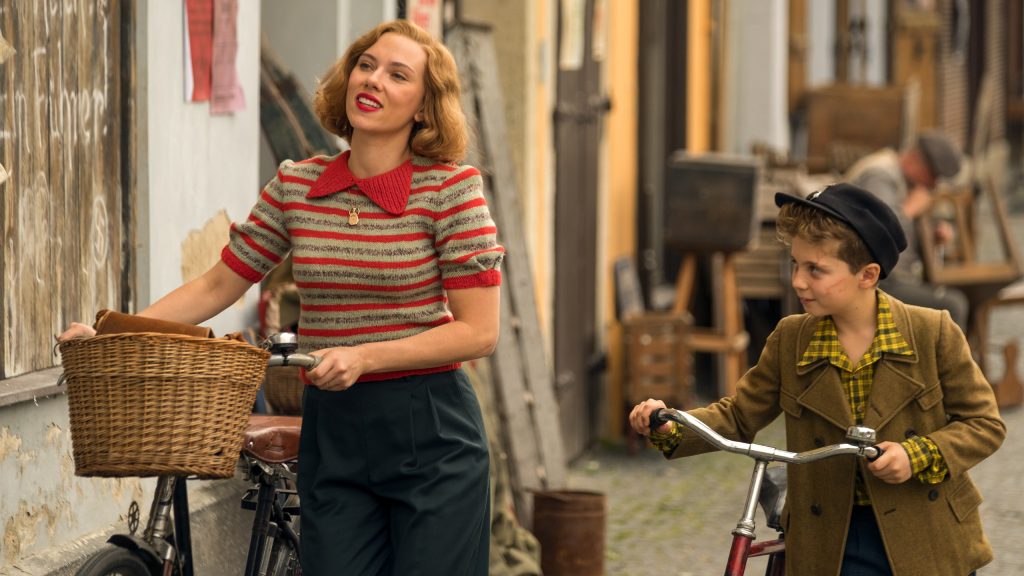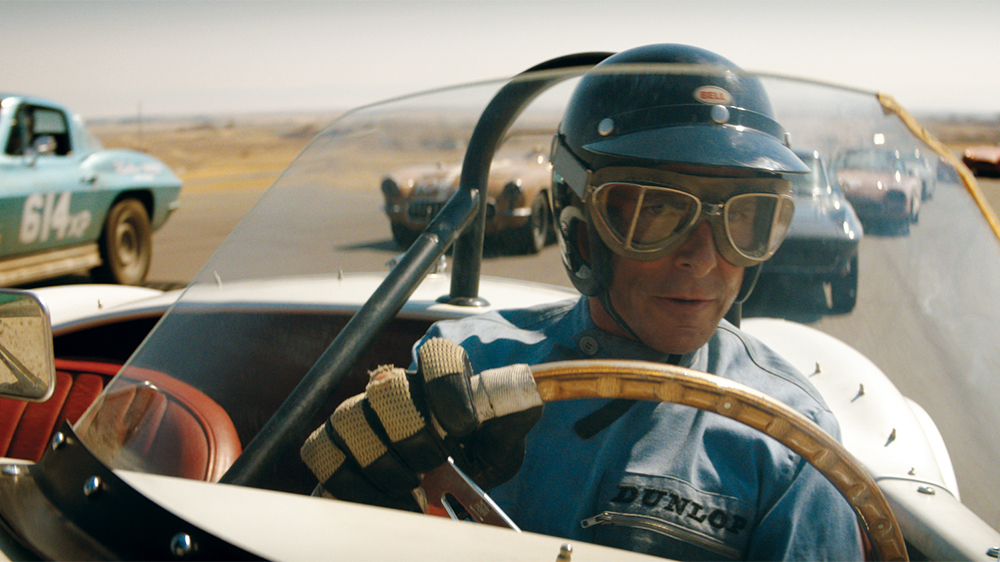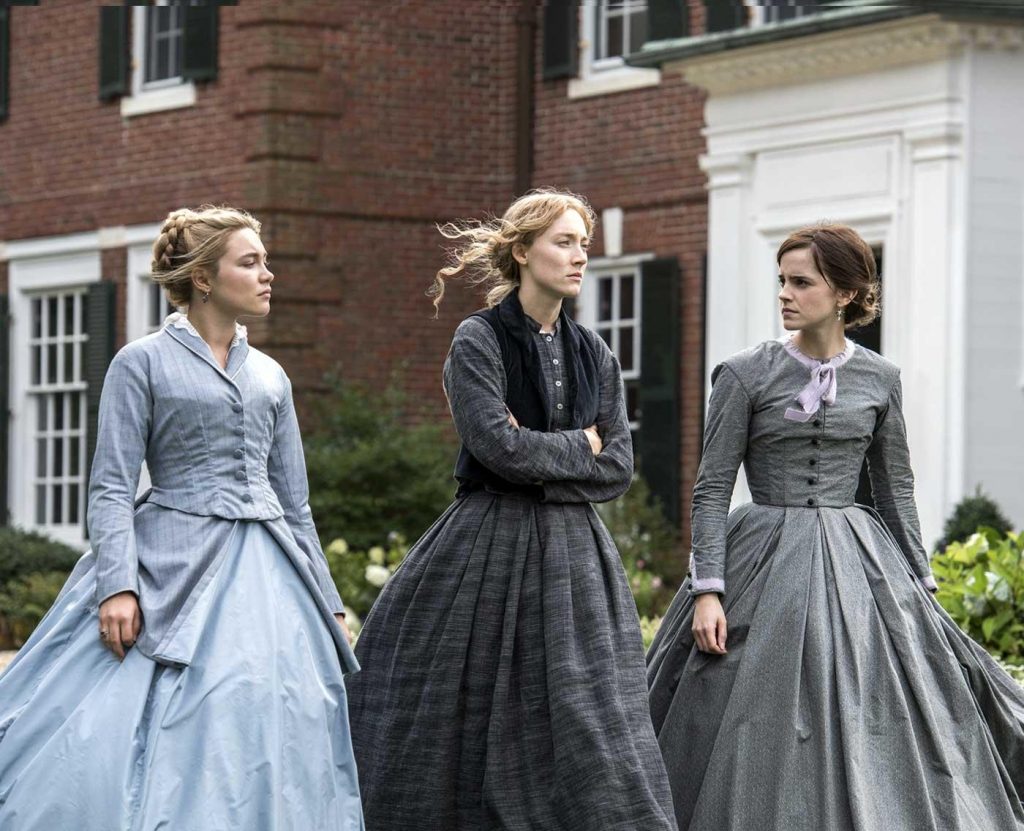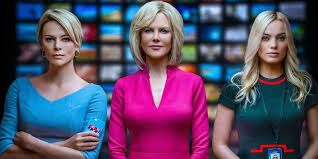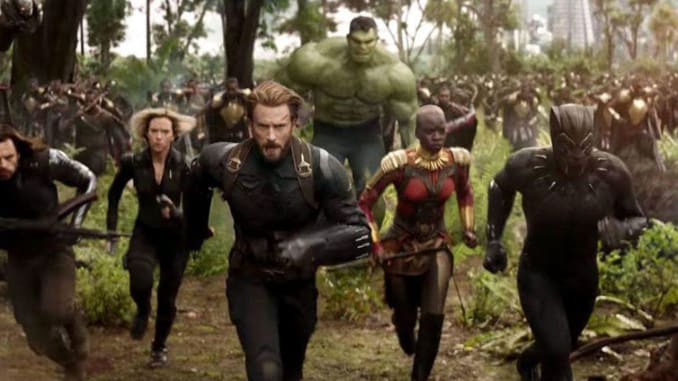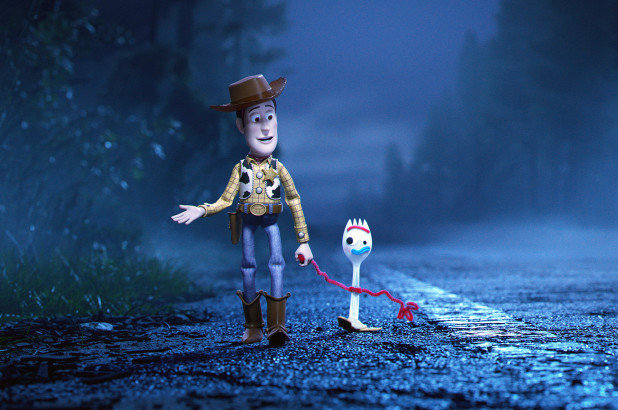By Lynn Venhaus
Far from plastic and without a whiff of cynicism, “Barbie” is a cherry lemonade-frosted cupcake made with the best ingredients, no artificial sweeteners, and sprinkled with Mom love. It tickled me pink.
For our hero’s journey, Barbie must leave her comfort zone, the female-fantastic Barbie Land, to discover the perils of the Real World, where men rule, and she questions her existence.
Savvy writer-director Greta Gerwig has crafted an irresistible fantasy-comedy vision narrated by Helen Mirren, featuring Kate McKinnon as the outcast Weird Barbie, Ryan Gosling projecting “Kenergy” while wearing a floor-length white faux fur coat, and Lizzo singing a spirited “Pink” wake-up tune.
Whatever emotions a Barbie doll has evoked in your lifetime, this inventive live-action movie will bring them all out because of its sincere heart. While a delectable confection, there are multi-layers to digest, making it a surprising thought-provoking piece for our time.
On the one hand, with its frothy cotton-candy-colored façade and breezy beach vibe, “Barbie” is a joyous ode to childhood make-believe and a sentimental nostalgia trip for those who grew up playing with the style-setter. (However, this movie is not for kids, so scratch your plans for a mother-daughter bonding experience if they are under 12).
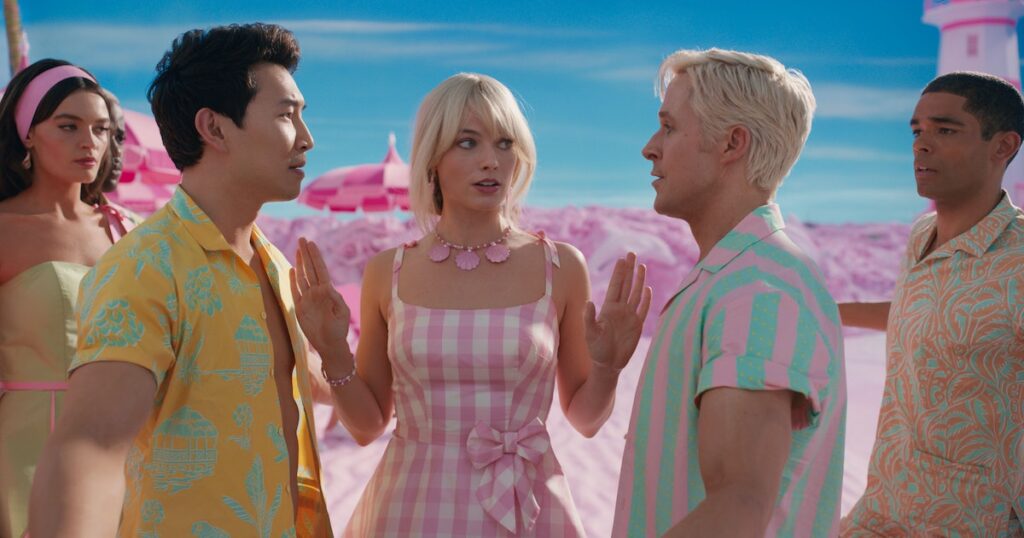
Brimming with great gags and vibrant visuals, it’s a dizzying pop o’ culture and universality. Through a smart, clever, and funny script co-written by Gerwig and the father of her two children, accomplished filmmaker Noah Baumbach, it is also self-aware and pokes fun at the Barbie ideal and how that has evolved over the years.
Most importantly, though, it is a matter-of-fact look at women’s treatment in society, pushing for more female empowerment while it points out inequalities and unrealistic beauty images. So, whether you love or hate Mattel’s global fashion icon, the takeaways are plentiful.
That’s because all the elements come together to celebrate girl power, while also taking a closer look at a toy’s story and what it reflects about us. Case in point — Issa Rae plays the President, and only female justices are on the Supreme Court in blissful Barbie Land while America Ferrara is a harried working mom in the Real World that tells it like it is in a monologue worthy of break-out applause.
Two-time Oscar nominee Gerwig, who grew up playing with Barbies, wants everyone to have their cake and eat it too. That’s why it is playful, but then addresses how it is a powerful yet polarizing corporation’s merchandise, at once adored by consumers but also decried by detractors.
With Warner Brothers’ studio’s extensive marketing campaign in high gear this summer, the world’s most famous doll, born in 1959, is ubiquitous – and both the filmmakers and filmgoers have embraced this journey.
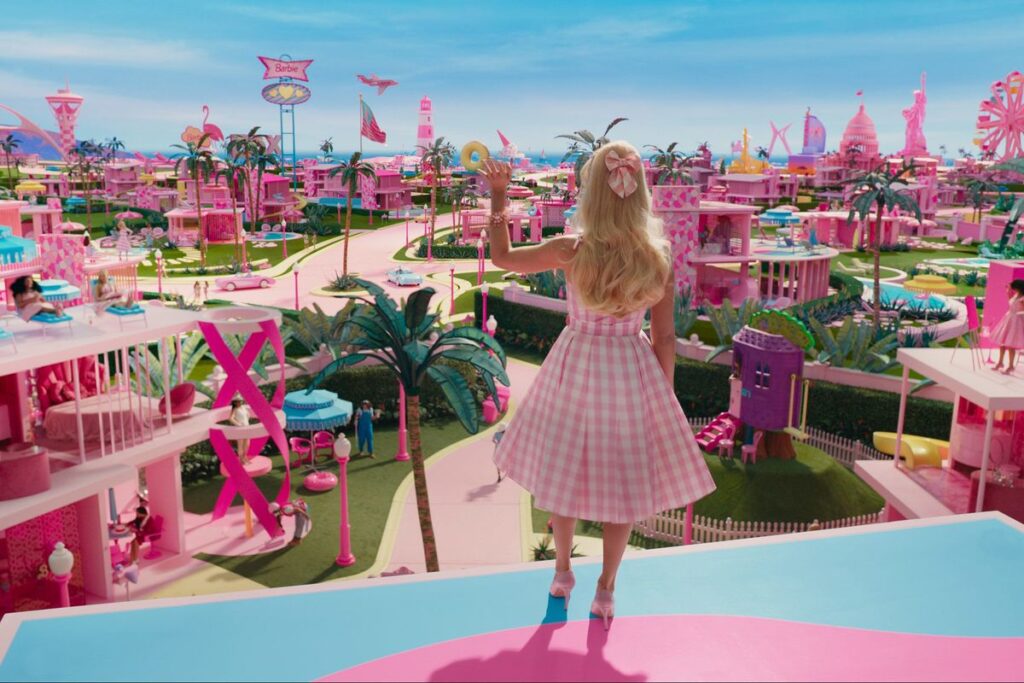
Gerwig, an inspired storyteller and enthusiastic film fan, includes nods to such whimsical influences as “Pee-wee’s Big Adventure” and “The Wizard of Oz,” and the colorful aesthetics of the Golden Age of Hollywood musicals and Jacques Demy’s unorthodox “The Umbrellas of Cherbourg.”
And of course, she references “Grease” and “Saturday Night Fever” in group numbers and tempo. The catchy centerpiece “Dance the Night Way,” sung by Dua Lipa, also a Barbie, is produced by hitmaker Mark Ronson – although cut short when Barbie’s bubble bursts.
The kicky escapist pop soundtrack includes the sampling of “Barbie Girl,” the 1997 Aqua song, in Nicki Minaj and Ice Spice’s “Barbie World,” along with HAIM’s “Home,” Sam Smith’s “Man I Am,” Tame Impala’s “Journey to the Real World,” Billie Eilish’s “What Was I Made For?” and yes, Gosling’s ‘90s boy-band ballad “I’m Just Ken.”
Must also mention the Indigo Girls song from 1989 “Closer to Fine” that becomes a singalong!
A nod to inventor Ruth Handler is lovely, with Rhea Perlman as the Jewish businesswoman (and Mattel’s first president) having tea with her creation. “Humans have only one ending. Ideas live forever,” Ruth tells Barbie.
The pink paradise that is Barbie Land is a wonder to behold, an imaginative playground where girls of all sizes rule. They are independent, successful Nobel Prize winners, Olympic athletes, astronauts, and doctors, living in custom Barbie Dream Houses and changing lives.
The most upbeat is Stereotypical Barbie, and as the blonde bachelorette beauty, Margot Robbie is splendid, with that megawatt smile of hers, radiating star quality. A two-time Oscar nominee (“Bombshell” and “I, Tonya”), she also produced the film.
Her self-sufficient character is no bimbo and certainly not in anyone’s shadow, least of all Ken, who is fine focusing on Barbie’s happiness.
When she discovers – gasp – that men rule the world, and Ken becomes enamored with the patriarchy, thirsting for the power associated with being in charge, not to mention hanging with his macho-cool bros – it becomes a rocky road.
Fortunately, the toxic masculinity fueled Kendom is short-lived, and the divine disco dancing dude returns as his supportive self.
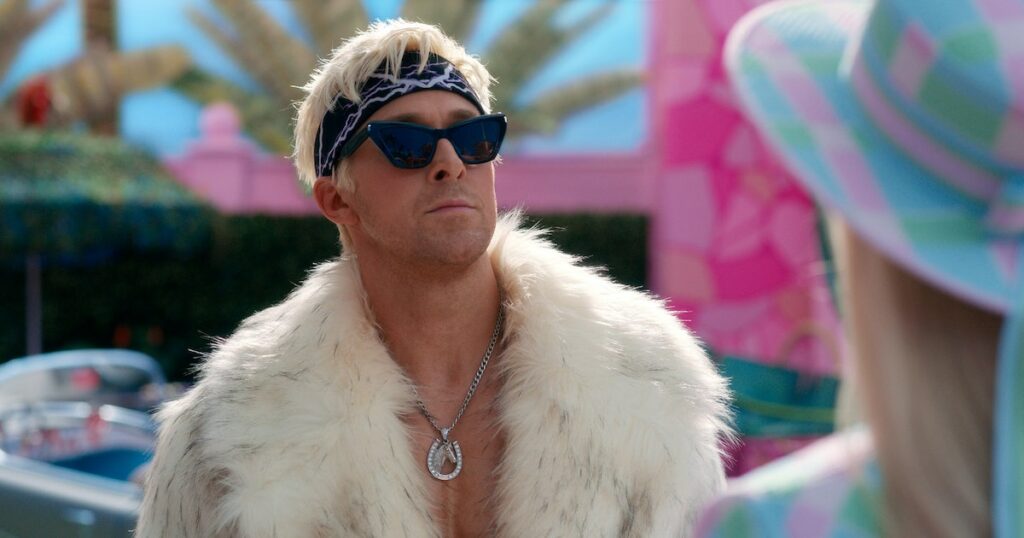
Two-time Oscar nominee Gosling is flat-out hilarious and an all-in team player as the golden boy. While known for his brooding performances in “Blade Runner 2049,” “Drive” and “The Ides of March,” he has proven how funny he can be in two stints hosting “Saturday Night Live” (must-see sketches are “Close Encounters” in 2015 and “Papyrus” five years ago) and shown his prowess for singing and dance in “La La Land” and his Mouseketeer roots on “The All New Mickey Mouse Club.”
Robbie’s Barbie is not the only girl in town – and the casting is faultless. Emerald Fennell, who won an Oscar for her original screenplay “Promising Young Woman,” is seen briefly as the pregnant Midge, Barbie’s best pal that was discontinued in 2002.
McKinnon is a hoot as the embodiment of the doll who was played with a little too rough, one that had her hair chopped off and her face scribbled with magic markers. She’s become the sage, and makes Barbie select either a stiletto heel or a Birkenstock sandal, a riff on her path as “The Matrix” red or blue pill choice.
And Michael Cera steals the whole show as Allan, Ken’s friend — “I can wear the same clothes.” Marvel guys Simu Liu and Kingsley Ben-Adir are good sports as other Beach Kens. John Cena as Mermaid Ken? Yes, please.
The innovative sunny, sparkly production design by six-time Oscar nominee Sarah Greenwood is a work of art, aided by her frequent collaborator Katie Spencer as set decorator, as is the costume designs by two-time Oscar winner Jacqueline Durran, who worked with Gerwig on “Little Women.”
“Barbie” gets so much right that it’s unfortunate that the filmmakers don’t seem to know how to properly end it, appearing to run out of gas on that golden stretch of Pacific Coast Highway.
Nevertheless, any film that encourages self-expression is to be saluted.
As a first-generation Barbie owner (my mom gave me the ‘Picnic Set’ Barbie with the fishing pole, wearing jeans, for my 6th birthday in 1960), the gift was aspirational, for I could dream of adventures and a glamorous life of achievements when I grew up.
And that spirit lifts this entertaining film into a magical ‘make your own kind of music’ anthem whose time has come.
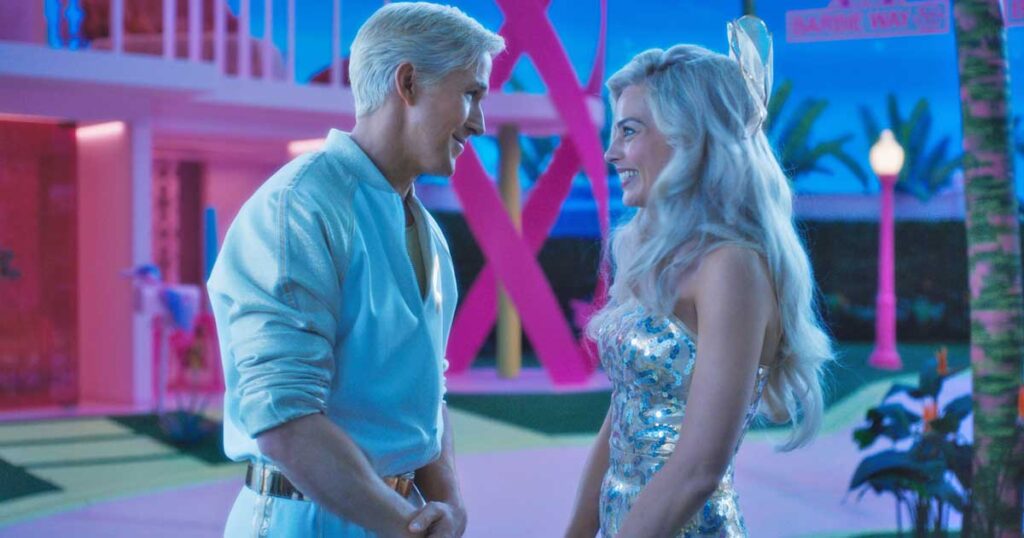
“Barbie” is a 2023 comedy-fantasy directed by Greta Gerwig and starring Margot Robbie, Ryan Gosling, Michael Cera, Issa Rae, Kate McKinnon, America Ferrara, Simu Liu, Alexandra Shipp, Kingsley Ben-Adir, Will Ferrell and Rhea Perlman. It is rated PG-13 for suggestive references and brief language, and the runtime is 1 hour, 54 minutes. It opens in theaters July 21. Lynn’s Grade: B+.
Note: this review was written during the 2023 WGA and SAG-AFTRA strikes. Without the labor of the writers and actors currently on strike, the movie being covered here wouldn’t exist.
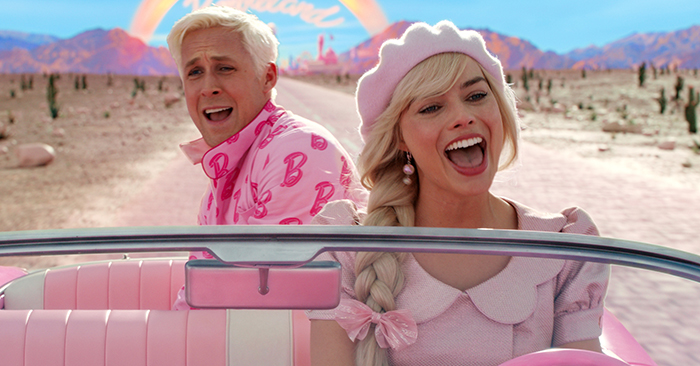

Lynn (Zipfel) Venhaus has had a continuous byline in St. Louis metro region publications since 1978. She writes features and news for Belleville News-Democrat and contributes to St. Louis magazine and other publications.
She is a Rotten Tomatoes-approved film critic, currently reviews films for Webster-Kirkwood Times and KTRS Radio, covers entertainment for PopLifeSTL.com and co-hosts podcast PopLifeSTL.com…Presents.
She is a member of Critics Choice Association, where she serves on the women’s and marketing committees; Alliance of Women Film Journalists; and on the board of the St. Louis Film Critics Association. She is a founding and board member of the St. Louis Theater Circle.
She is retired from teaching journalism/media as an adjunct college instructor.

